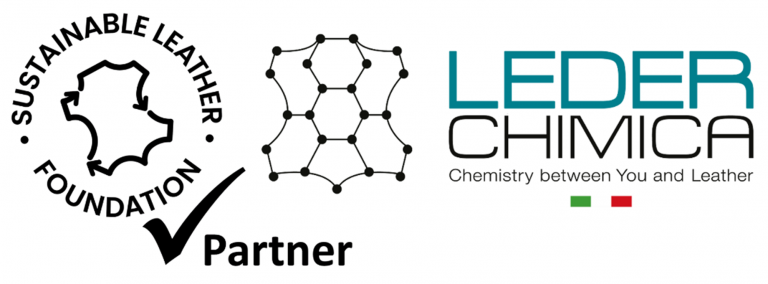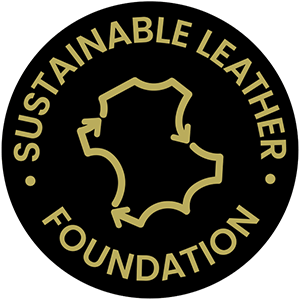We are delighted to welcome Leder Chimica as a Contributing Partner!
An Italian family owned company established in 1986 with the main focus of providing high quality products for the Leather business.
Leder Chimica study and manufacture chemicals for leather production across a range of industries including; clothing, footwear, automobile upholstery, furniture and fashion accessories.

We are about to embark on the next phase of our Transparency Dashboard evolution – giving visibility to the good work of the Chemical Companies in our industry, and Leder Chimica is one of the companies that will be working on this development with us. It is really important for the Foundation that our Dashboards are representative of the industry needs and expectations, so having the team at Leder Chimica supporting this development through provision of expertise and input is really valuable.
Leder Chimica will join an industry working group that includes other chemical companies such as Smit & Zoon, Silvateam and Rolfes Leather, working together in a pre-competitive way, to help the Foundation evaluate what a Chemical Company Dashboard should include. We know that chemical companies take their responsibility very seriously but as yet there is nowhere for them to proactively showcase their performance and certification when it comes to environmental, social and governance responsibility.
Michele Zanconato, CEO of Leder Chimica commented “As an organisation, we are committed to finding innovative new methods for the tanning of leather in the most sustainable way possible. Working with the Sustainable Leather Foundation will enable us to proactively support this aim, alongside other forward thinking companies and we are looking forward to being part of the development group for the Chemical Dashboard”.
Sustainable Leather Foundation supports the leather industry through an Accessible, Inclusive, Modular (A.I.M.) approach that is represented through a Transparency Dashboard™. Coupled with a certification programme that alleviates duplication of effort, by first recognising any existing certifications and mapping them onto the Dashboard before then evaluating any gaps in performance or certification. Putting the emphasis on meeting a required standard instead of who the provider is, makes it a more equitable and accessible model that gives brands and other value chain customers a real methodology for creating strong partnerships with their suppliers both now and into the future.
